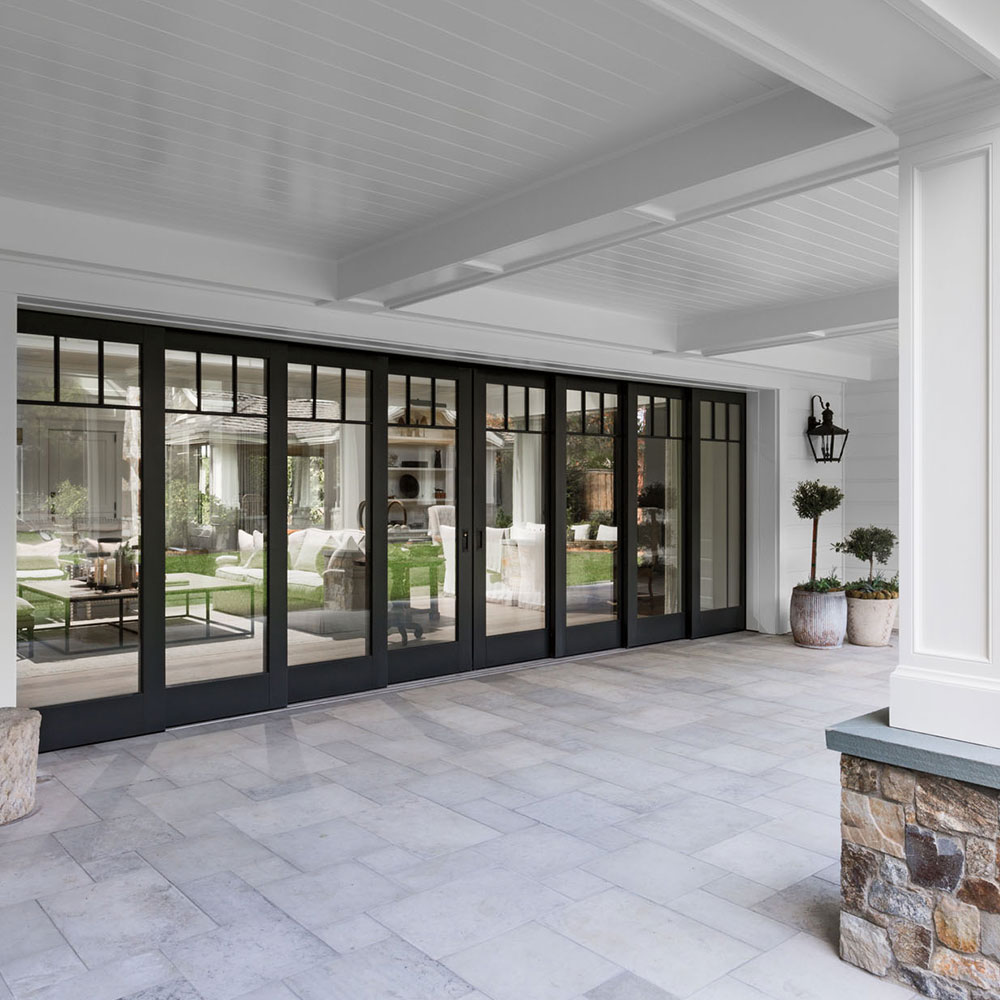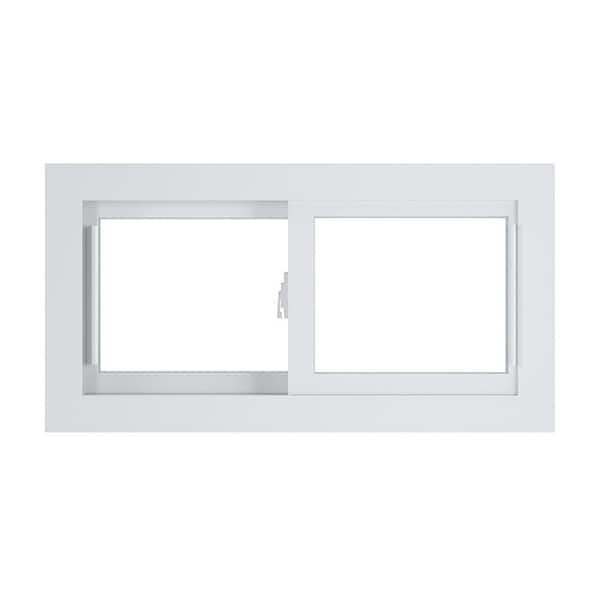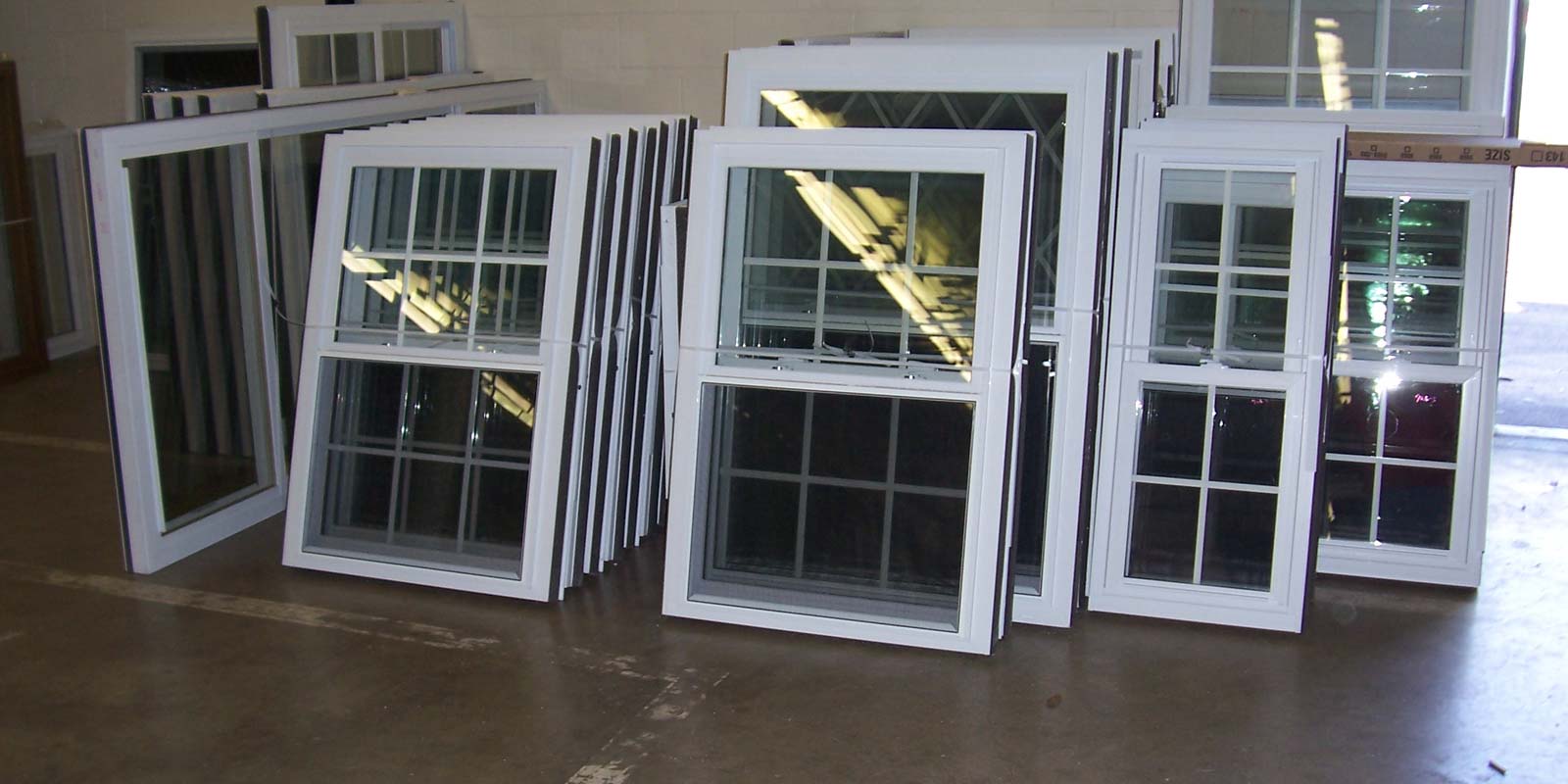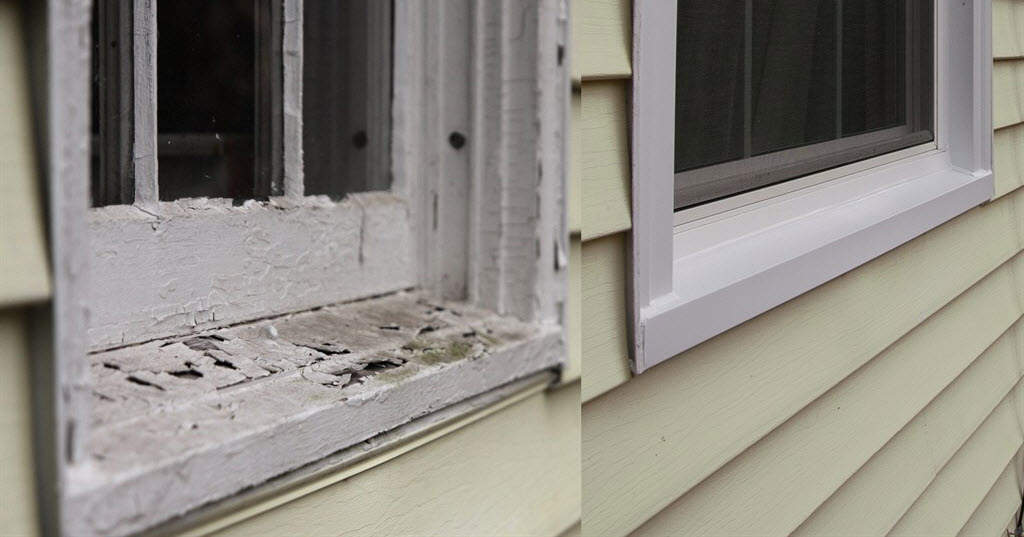Cypress Window Replacement Services You Can Trust
Cypress Window Replacement Services You Can Trust
Blog Article
Upgrade Your Home With Energy-Efficient Home Window Substitutes
In the world of home improvement, the choice to update to energy-efficient home window replacements can dramatically affect both the functionality and visual appeals of a residence (window replacement). As homeowners look for ways to improve the efficiency and sustainability of their living rooms, the option of windows plays an essential function in accomplishing these goals. Beyond the surface degree of simple visual appeals, energy-efficient home windows provide a multitude of benefits that surpass plain visual appeal. With a mindful choice procedure that takes into consideration numerous aspects, from glass types to installment methods, embarking on this home upgrade trip could prove to be a transformative undertaking.
Advantages of Energy-Efficient Windows

The installment of energy-efficient home windows offers considerable financial savings on energy costs while enhancing environmental sustainability. Energy-efficient windows are developed to lessen heat loss and gain, reducing the need for home heating and cooling systems to burn the midnight oil. By efficiently shielding the home, these home windows help keep a comfortable indoor temperature level year-round, leading to lower energy intake and reduced utility costs. In addition, energy-efficient home windows can assist manage moisture levels within the home, decreasing the danger of mold and mold growth.
Beyond the financial advantages, energy-efficient home windows contribute to environmental sustainability by lowering carbon exhausts connected with power manufacturing. In general, spending in energy-efficient home windows not just improves the comfort and performance of a home but additionally lines up with ecologically conscious methods.
Types of Energy-Efficient Glass
Various advanced sorts of energy-efficient glass offer unique properties that accommodate different requirements and preferences in boosting the sustainability and efficiency of buildings. Low-emissivity (Low-E) glass is a preferred choice designed to minimize the amount of ultraviolet and infrared light that can go through the glass, thus minimizing warmth transfer. This kind of glass aids keep a regular indoor temperature level, reducing the requirement for heating or cooling down systems, and inevitably decreasing power expenses. An additional cutting-edge choice is spectrally selective glass, which enables noticeable light to travel through while obstructing particular kinds of infrared radiation. This aids in maintaining a comfy interior environment while minimizing warm gain. Triple-pane glass, containing three layers of glass with shielding gas in between them, provides improved thermal insulation, making it highly energy-efficient. Additionally, self-cleaning glass with a special covering that breaks down and loosens dirt when subjected to sunshine can reduce maintenance demands and keep home windows looking clean. Each sort of energy-efficient glass offers distinctive benefits, permitting house owners to choose one of the most appropriate alternative based on their specific requirements and goals.
Factors to Consider When Selecting
When contemplating energy-efficient home window substitutes, it is vital to thoroughly examine specific aspects that line up with your sustainability purposes and wanted energy savings. One vital element to think about is the home window's energy performance scores, such as the U-factor and Solar view Warmth Gain Coefficient (SHGC) The U-factor procedures exactly how well the home window shields, with reduced numbers showing better insulation, while the SHGC indicates the window's capacity to obstruct warmth from sunshine. Furthermore, the home window frame material plays a considerable duty in power performance. Products like fiberglass, plastic, or timber with thermal breaks are exceptional selections for minimizing warmth transfer. An additional crucial factor to consider is the home window style and positioning concerning sunshine exposure. Choosing the right window design and tactically putting them can make best use of natural light while reducing warm gain or loss. Finally, installation high quality is essential to ensuring the home windows carry out as planned. Proper setup aids avoid air leakage, ensuring optimal power performance. By carefully evaluating these aspects, you can choose energy-efficient home windows that boost comfort, minimize power expenses, and benefit the setting.
Setup and Upkeep Tips

Routine upkeep is crucial to preserving the effectiveness of your energy-efficient windows. Examine the weather-stripping and seals for any gaps or tears and replace them if needed to maintain the home windows' energy performance. Richmond window replacement.
On top of that, oil moving parts such as joints and locks to guarantee smooth procedure. By following these setup and maintenance tips, you can boost the energy performance of your home and lengthen the life expectancy of your energy-efficient windows.
Cost-Benefit Analysis of Updating

Energy-efficient windows are created to decrease heat transfer, decreasing the requirement for heating and cooling down systems to burn the visit the site midnight oil. This can cause considerable savings on energy bills, specifically in regions with extreme temperature levels. Furthermore, energy-efficient windows can improve the total worth of your home, making it more attractive to possible buyers if you choose to sell in the future.
When computing the cost-benefit analysis, consider the possible savings on power expenses, any available motivations or discounts, and the life expectancy of the home windows. While the preliminary cost may be greater, the long-lasting savings and benefits of energy-efficient windows make them a smart financial investment for homeowners looking to improve their residential or commercial property's energy effectiveness and worth.

Final Thought
In verdict, upgrading to energy-efficient home window replacements uses numerous benefits such as minimized power consumption, boosted comfort, and price savings. By selecting the ideal type of energy-efficient glass and taking into consideration aspects like framework material and setup, home owners can take full advantage of the performance of their home windows. Normal upkeep and appropriate setup are important for long-term performance. Overall, the cost-benefit analysis of updating to energy-efficient home windows reveals that the preliminary investment can bring about significant savings in the future.
When considering energy-efficient window replacements, it is essential to very carefully analyze certain elements that line up with your sustainability purposes and preferred energy savings. The U-factor procedures how well the window insulates, with lower numbers suggesting better insulation, while the SHGC indicates the home window's capacity to obstruct heat from sunlight. By very carefully evaluating these elements, you can select energy-efficient windows that boost convenience, decrease energy prices, and benefit the setting.
While energy-efficient home windows might have a higher upfront expense compared to traditional home windows, the long-term benefits usually exceed the preliminary investment.In verdict, upgrading to energy-efficient home window replacements supplies various benefits such as reduced energy intake, increased comfort, and expense savings.
Report this page